
Thutmose III A pharaoh drove Egypt from a nation focused on internal affairs into an ambitious empire.
Introduction: Thutmose III,
Thutmose III of Ancient Egypt, known for its rich history and remarkable leaders, saw the rise of many pharaohs who left an indelible mark on the world. Among them, stands out as one of the most exceptional military leaders in ancient history. His reign, spanning from 1479 BCE to 1425 BCE, witnessed unparalleled conquests, strategic brilliance, and political acumen. In this comprehensive article, we will delve into the life, accomplishments, and legacy of Thutmose III, shedding light on why he is considered the greatest military leader in ancient Egypt.
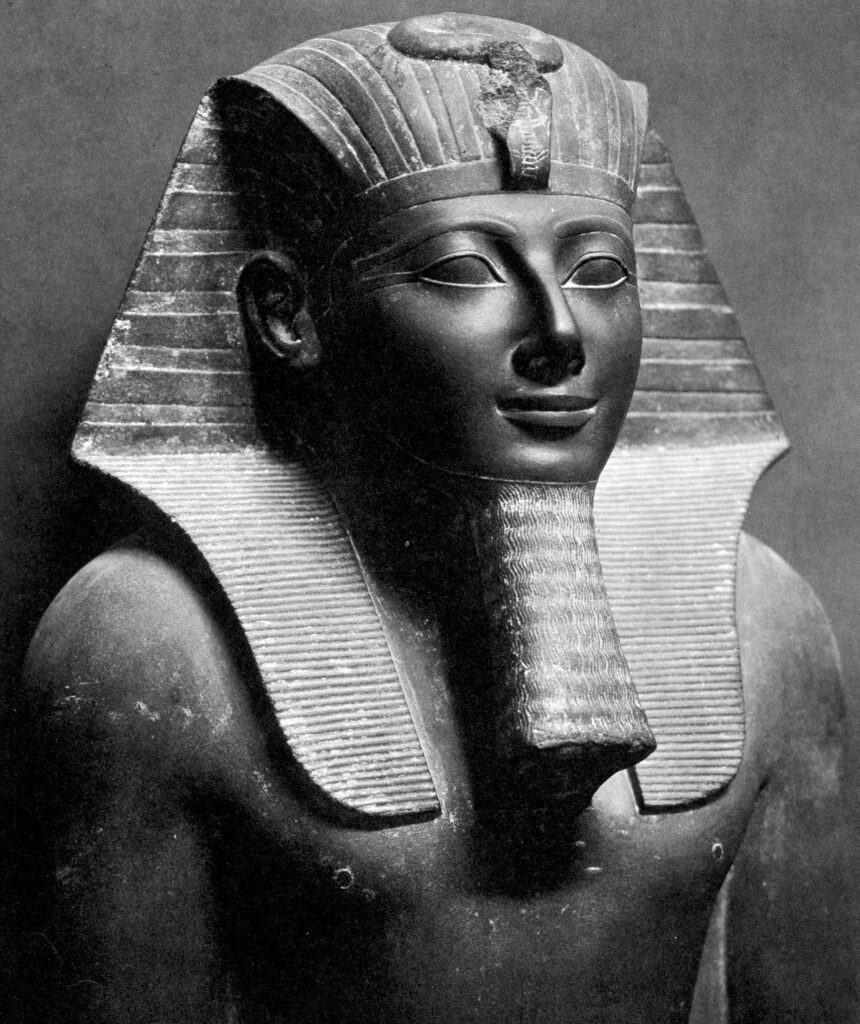
Early Life and Ascension
Thutmose III was born to a lesser-known concubine, Set. His ascension to the throne was unconventional, as he initially served as co-regent with his stepmother and aunt, Queen Hatshepsut. Despite being thrust into a complex political landscape, Thutmose III demonstrated remarkable potential at a young age. His military training, supervised by seasoned generals, provided him with the skills and knowledge necessary for his future conquests.
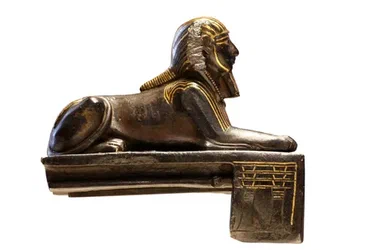
The Conquest of Canaan and Syria
Thutmose III’s military campaigns are a testament to his tactical genius. His early conquests in Canaan and Syria paved the way for his reputation as a formidable military leaderThutmose III. Utilizing a combination of innovative strategies, superior weaponry, and a well-disciplined army, he successfully captured key cities and established Egyptian dominance in the region.

Siege of Megiddo: A Pinnacle of Strategy
Thutmose III The Siege of Megiddo in 1457 BCE is often regarded as Thutmose III’s masterpiece. Faced with a heavily fortified city, he orchestrated a multifaceted approach, employing both ground forces and naval units. The innovative use of diversionary tactics and the coordination of infantry, archers, and charioteers ultimately led to the capitulation of Megiddo.
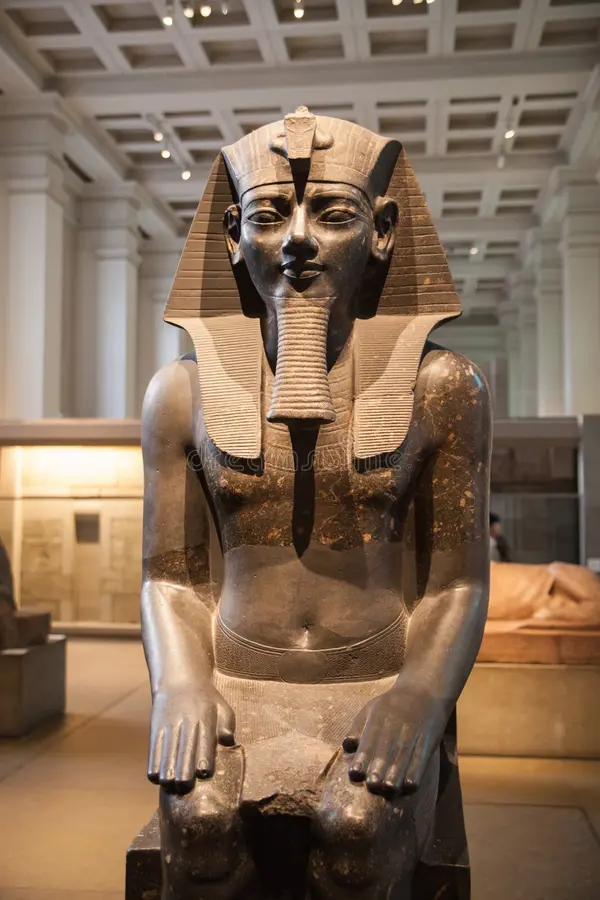
The Expansion of the Empire
Thutmose III’s conquests extended far beyond the borders of Egypt. His military campaigns reached as far as the Euphrates River, solidifying Egypt’s status as a superpower in the ancient world. Through a series of calculated maneuvers, he brought vast territories under Egyptian control, ensuring the prosperity and influence of the empire for generations to come.
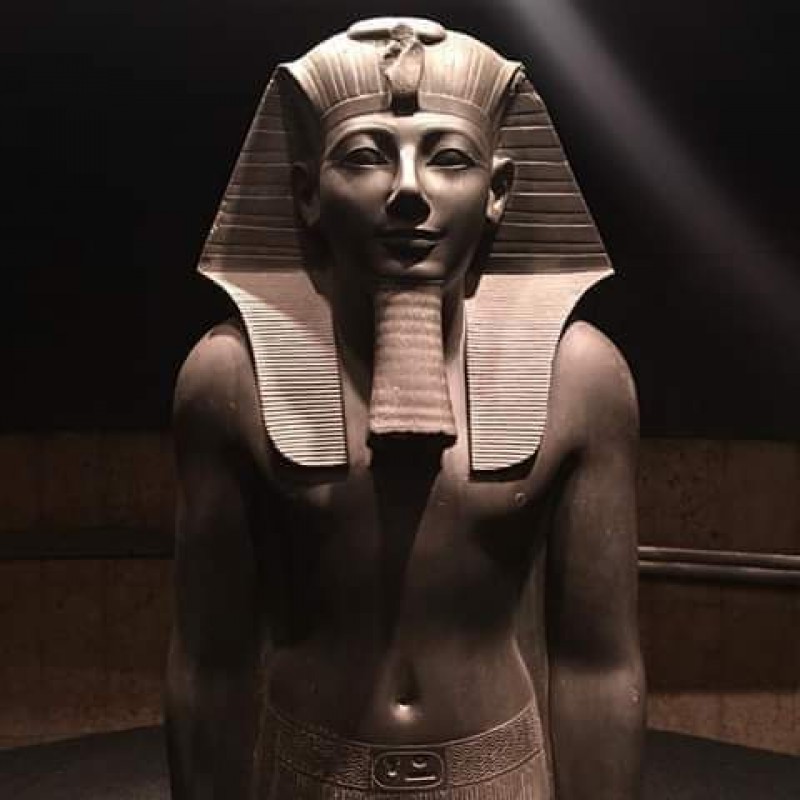
Administrative Brilliance
Beyond his military prowess, Thutmose III demonstrated exceptional administrative skills. His reign witnessed extensive reforms in various sectors, including taxation, infrastructure, and governance. The introduction of a standardized system for recording the empire’s resources and population laid the foundation for a more efficient and centralized administration.
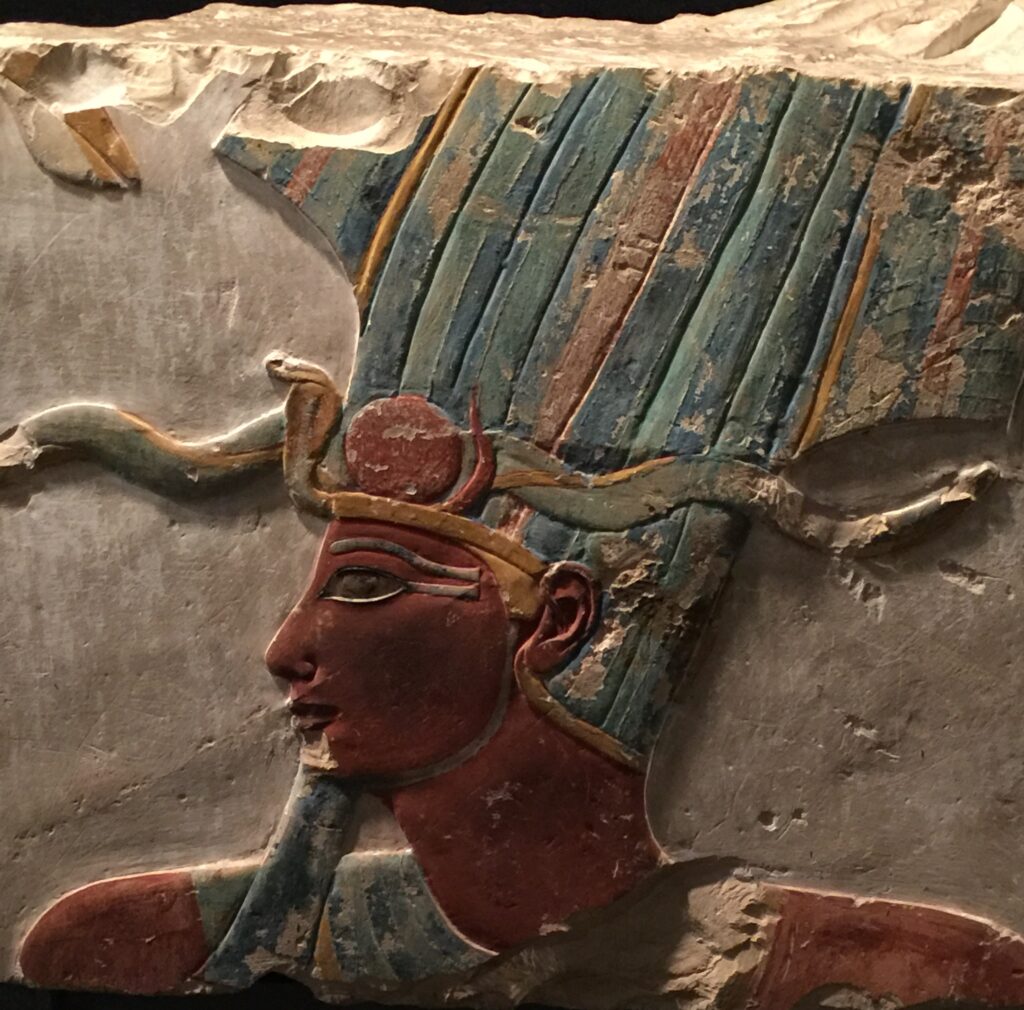
Cultural and Architectural Contributions
Thutmose III’s legacy extends beyond the battlefield. He was a patron of the arts, fostering a flourishing cultural environment. The construction of grand temples and monuments, including the impressive Festival Hall of Karnak, exemplifies his commitment to showcasing the grandeur and glory of Egypt.
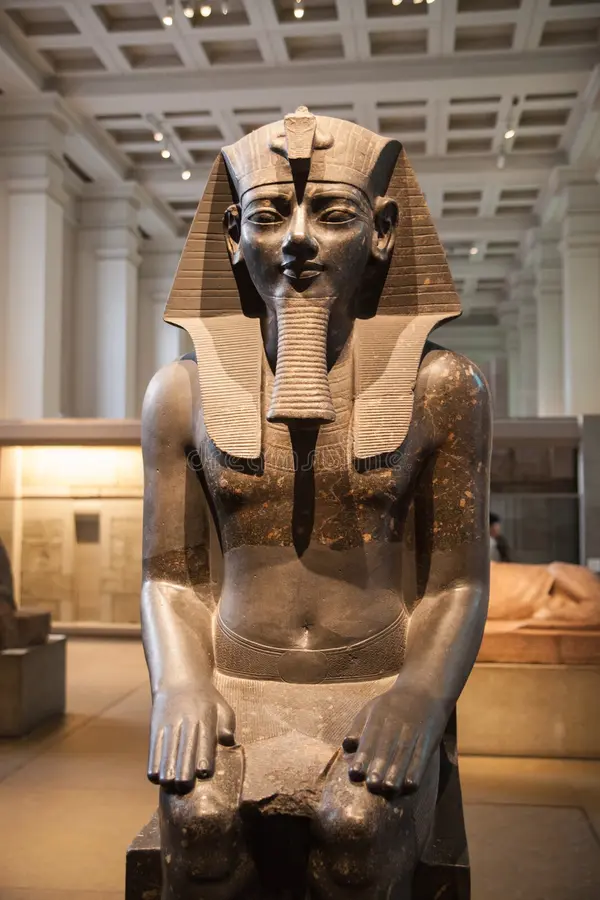
Legacy and Influence
Thutmose III’s impact on Ancient Egypt was profound and enduring. III’s military conquests and administrative reforms shaped the course of Egyptian history for centuries. His successors looked to him as a model of leadership, seeking to emulate his strategic acumen and visionary governance.

Influence on Future Generations
The military strategies employed by Thutmose III continued to inspire leaders and tacticians throughout history. Figures such as Alexander the Great studied his campaigns, drawing valuable lessons that contributed to their own successes on the battlefield.
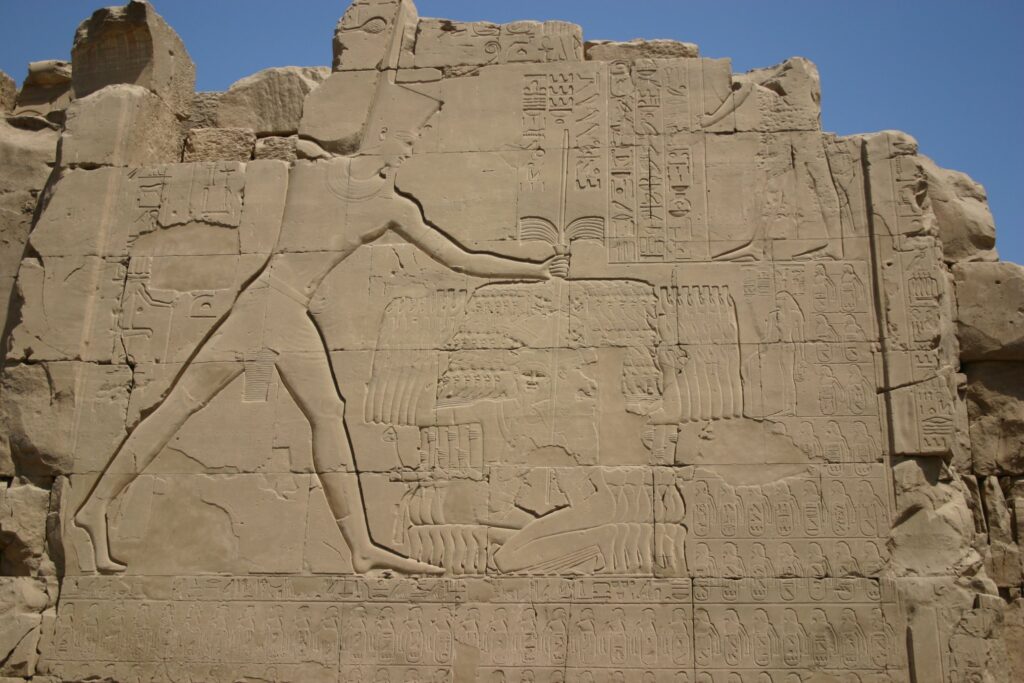
Conclusion
Thutmose III’s legacy as the preeminent military leader of Ancient Egypt is unequivocally etched into the annals of history. His conquests, visionary administrative reforms, and enduring cultural contributions remain subjects of fascination and scholarly inquiry in contemporary times. What distinguishes is his exceptional aptitude for melding military acumen with sagacious governance, a trait that elevates him to the echelons of extraordinary leadership. Indeed, his reign serves as a resounding testament to the extraordinary heights that can be attained through strategic brilliance and far-sighted guidance, leaving an indelible imprint on the grand tapestry of ancient civilizations.

Multifaceted achievements have not only left an indelible mark on the ancient world but have also exerted a lasting influence on subsequent generations of leaders and tacticians. The strategies he employed in his military campaigns, particularly the renowned Siege of Megiddo, continue to be dissected and emulated by military historians and strategists. Figures as illustrious as Alexander the Great sought insights from Thutmose III’s campaigns, attesting to the enduring relevance of his tactical genius.
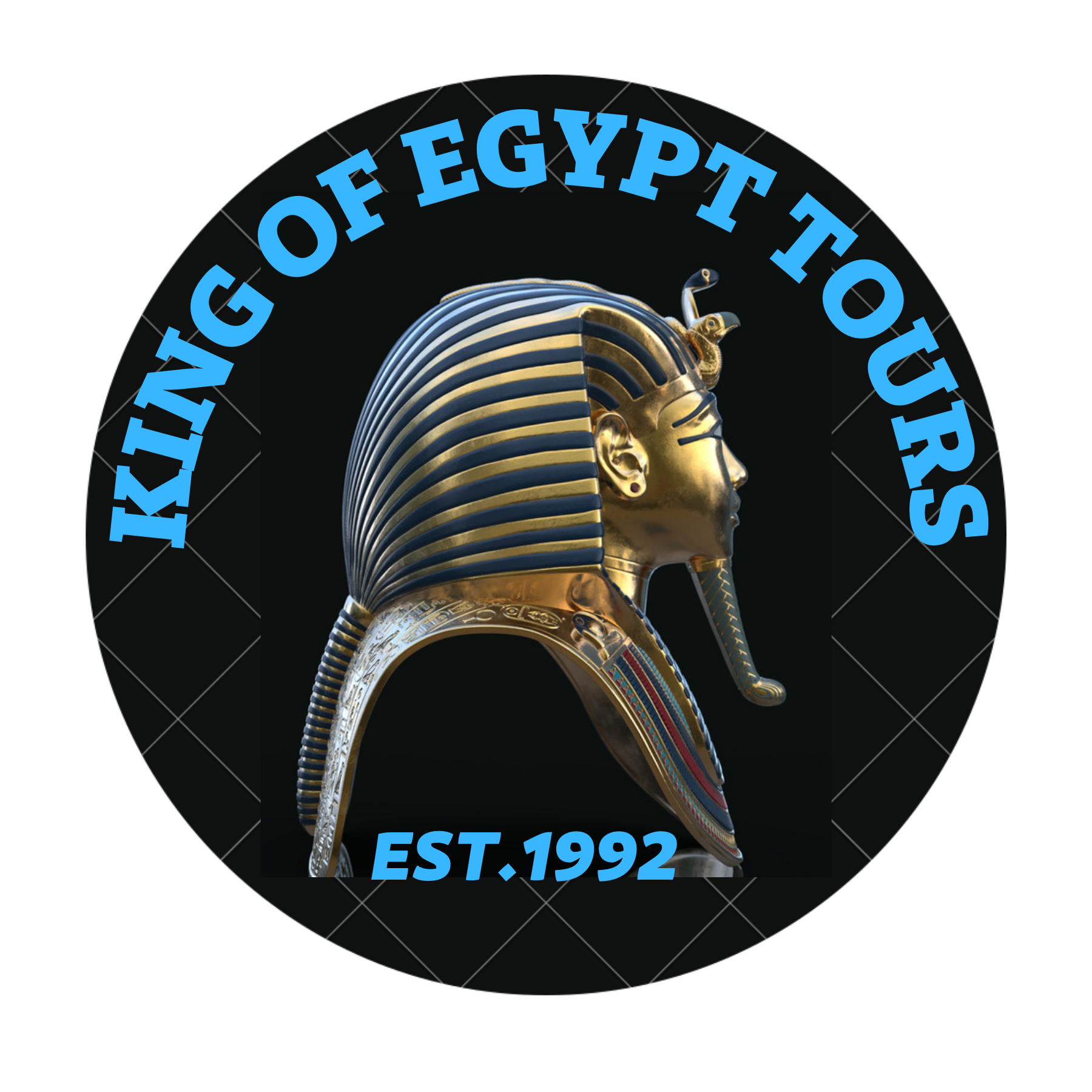
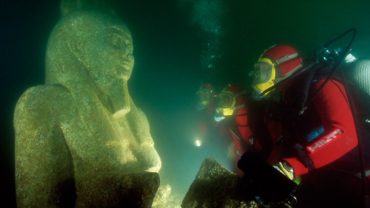
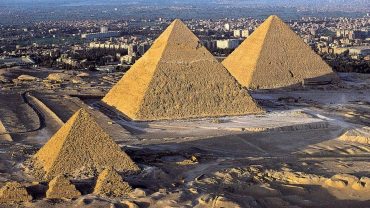
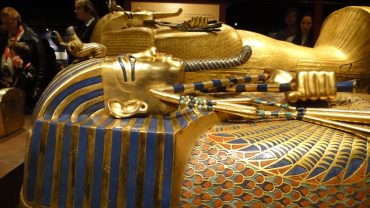

Comment (0)